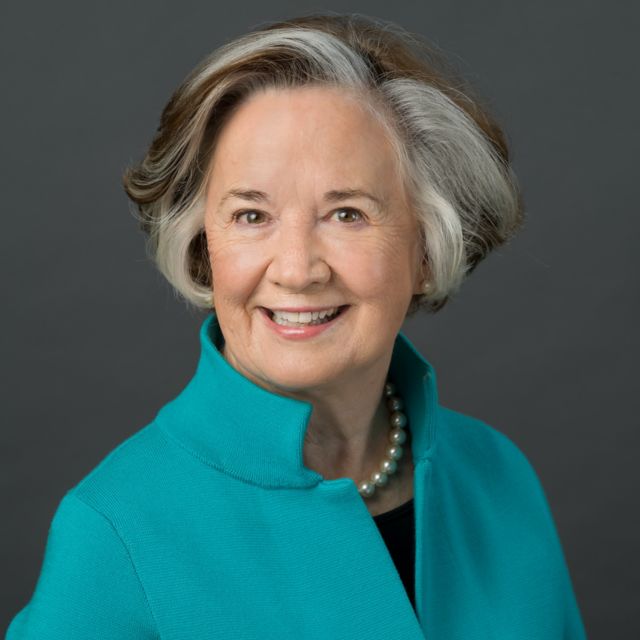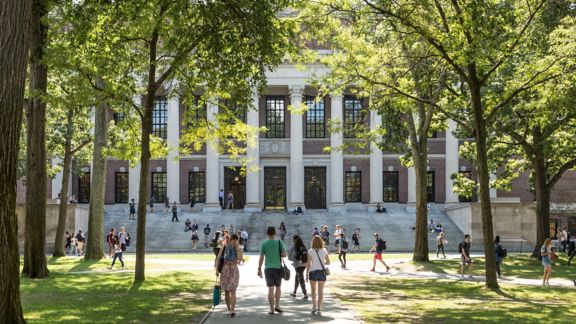Debra W. Stewart

Her research focuses on factors associated with student success in graduate school, emphasizing strategies graduate deans and faculty can deploy to advance positive student outcomes. Currently, she is exploring the impact of AI on Graduate School policy and processes across universities in the US.
Prior to joining NORC, Debra served as president of the Council of Graduate Schools. She also previously served as vice chancellor and dean of the Graduate School at North Carolina State University.
Debra has written on a wide array of higher education issues and lectures on higher education, research, and global competitiveness at major universities and education organizations around the world. She is the author or co-author of numerous scholarly publications on administrative theory, public policy, and education policy.
Debra has served on several boards, including the Educational Testing Service Board; the International Advisory Board of the Freie Universität Berlin; the International Board of the ITMO University in St. Petersburg, Russia; and NASFA, the Association of International Educators.
Quick Links
Education
PhD
University of North Carolina, Chapel Hill
MA
University of Maryland
BA
Marquette University
Appointments & Affiliations
President Emerita
Council of Graduate Schools
Honors & Awards
Honorary Doctorate | 2013
Loyola University of Chicago
Distinguished Alumna Award | 2008
University of North Carolina, Chapel Hill
Honorary Doctorate | 2007
Université Pierre et Marie Curie
Award for Outstanding Contributions to Graduate Education in the Southern Region | 2000
Conference of Southern Graduate Schools
Project Contributions
Publications
-
opens in new tab"Identifying Promising Practices in University-Based Monitoring of Doctoral Career Pathways."
Project Report | October 31, 2019
-
opens in new tab"Progress and Pitfalls in Tracking U.S. Doctoral Career Paths."
Project Report | May 22, 2019
-
opens in new tab"Career Pathways for Graduate Degree Holders: What Do We Know and Where Do We Go from Here?"
Project Report | July 25, 2017
-
opens in new tab"Pathways, Potholes and Partnerships: Rethinking the Future of Graduate Education."
Book | June 27, 2017
-
Debra W. Stewart, PhD, Authority on Higher Education, Joins NORC at the University of Chicago
Press Release | May 10, 2017
-
opens in new tab"Professional Development for Graduate Students: Reflections on the Demands, the Resources, and the Skills."
Journal Article | August 31, 2013
-
opens in new tab"Tracking the Careers of Graduates: A New Agenda for Graduate Schools."
Journal Article | March 31, 2013
-
opens in new tab"Keeping Your Perspective in Times of Change: The Graduate Dean’s Kaleidoscope."
Journal Article | August 31, 2012





